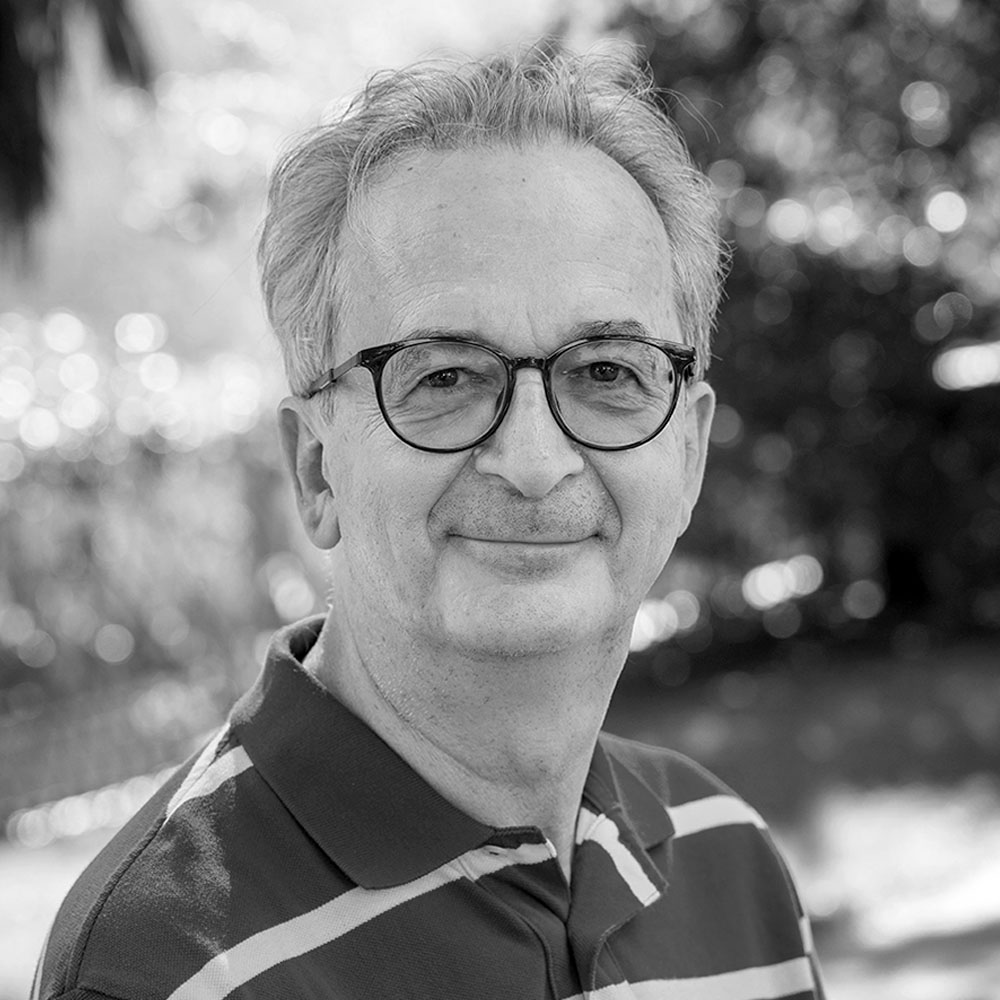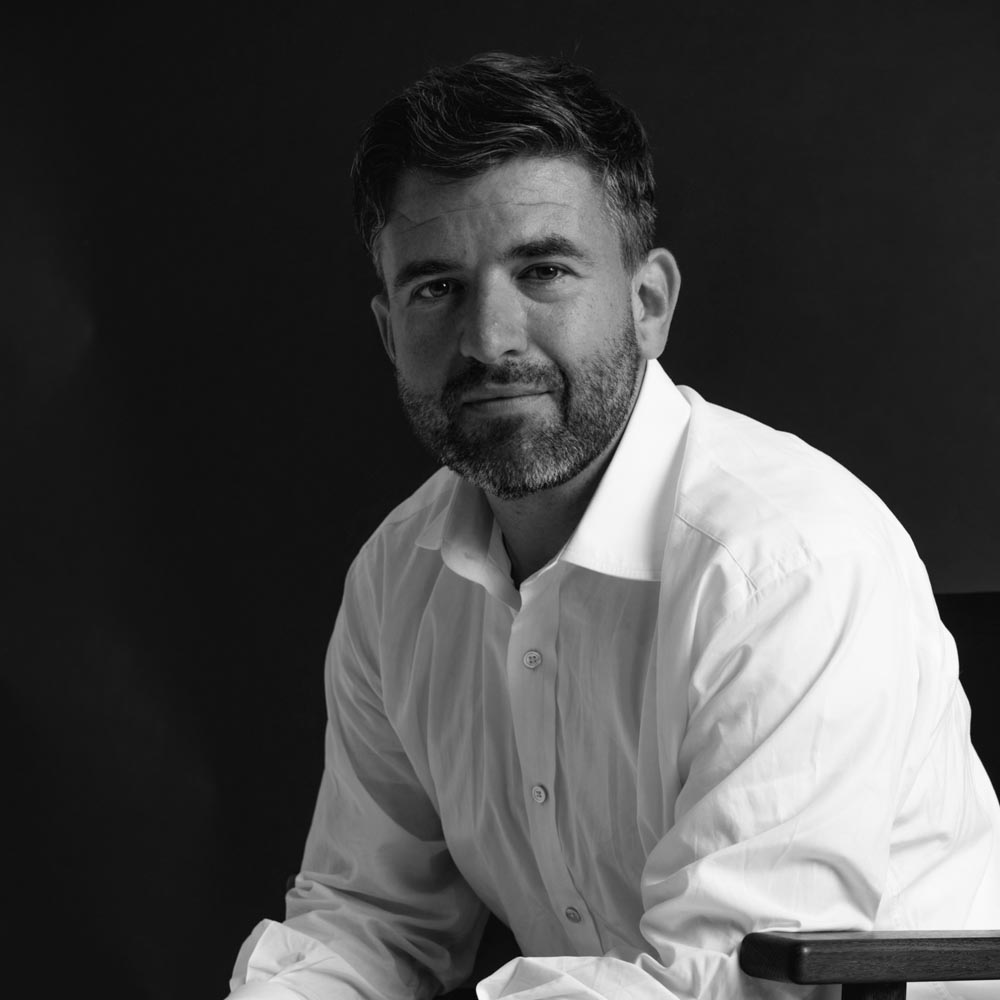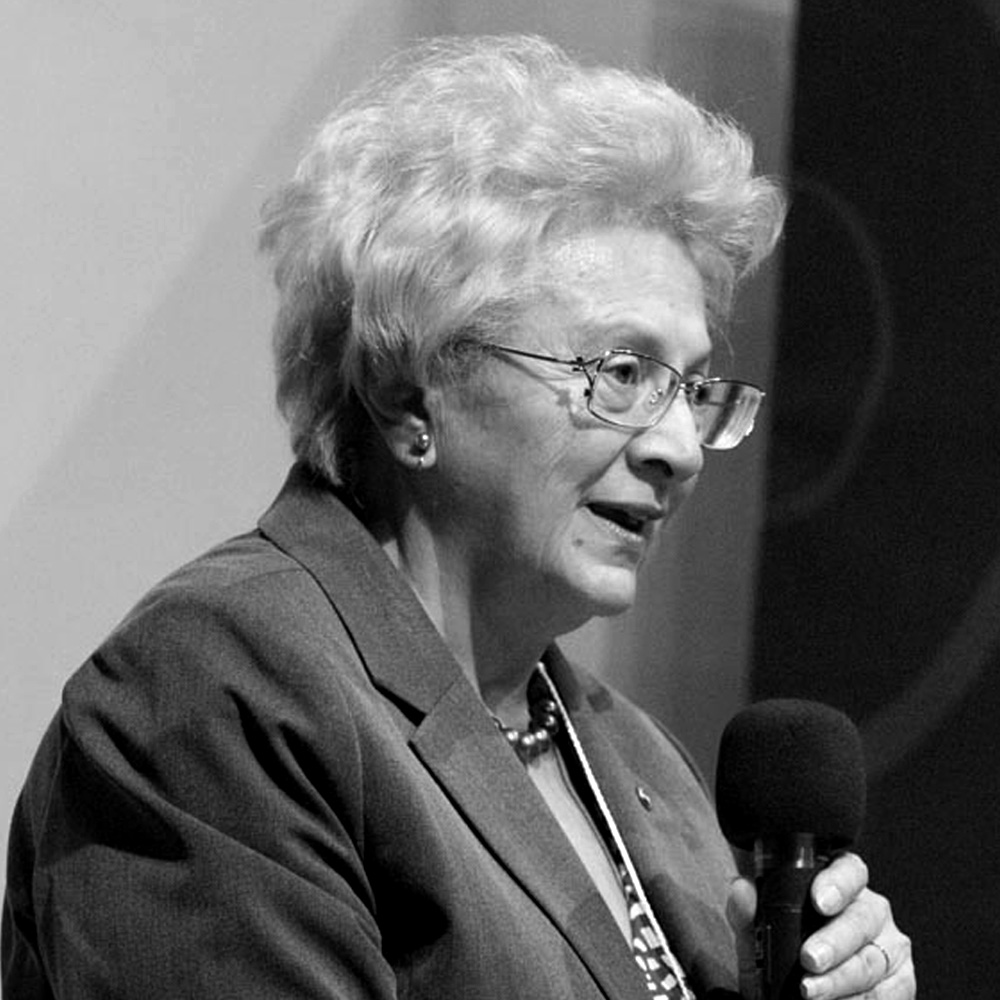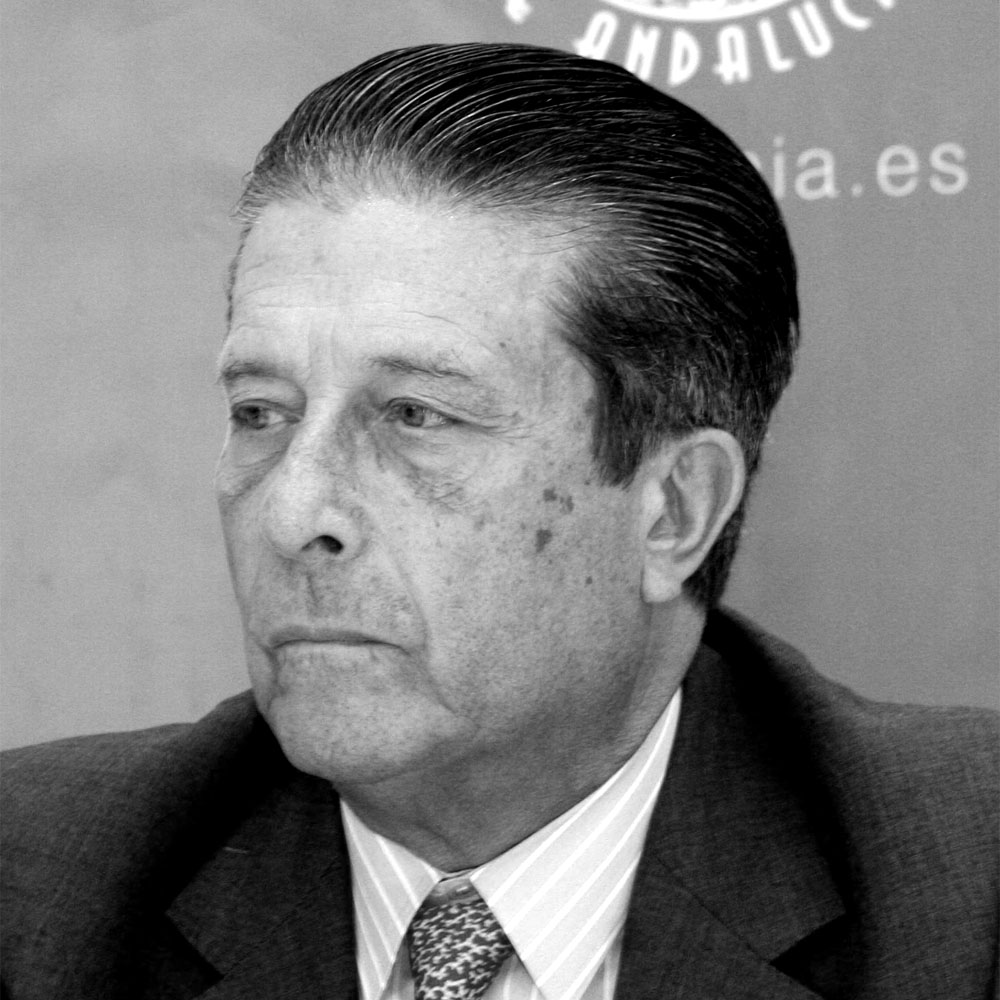Speakers at The Paris Conference on Education (PCE) will provide a variety of perspectives from different academic and professional backgrounds. This page provides details of presentations and other programming. For more information about presenters, please visit the Speakers page.
Friday, June 14 to Sunday, June 16 will be held at the Maison de la Chimie, Paris, France. Monday, June 17 will be held online.
Conference Outline
13:30-15:30: Cultural Tour | Musee Rodin
Conference delegates are invited to kick-start the conference experience with a pre-conference tour of the Musée Rodin in Paris. This tour offers an intimate glimpse into the world of Auguste Rodin, showcasing his masterful sculptures that capture the essence of human emotion and form. Set against the backdrop of the artist's former residence, the museum not only highlights Rodin's artistic legacy but also Paris's enduring influence on art and culture.
This is an optional extra. Pre-registration is required. Only 75 spots available for this unique Parisian experience.
Location: Maison de la Chimie
13:00-13:30: Conference Registration & Coffee | Salle 262
13:30-14:00: Welcome Address & Recognition of IAFOR Scholarship Winners | Salle 262
Joseph Haldane, The International Academic Forum (IAFOR), Japan
Georges Depeyrot, Centre National de Recherche Scientifique, France
14:00-14:30: Keynote Presentation | Salle 262
Educating for Peace (TBC)
Federico Mayor Zaragoza, European Center for Peace and Development (ECPD), United Nations University for Peace
14:30-15:15: Keynote Presentation | Salle 262
Olympism and International Relations from Pierre de Coubertin to the Present Day
Patrick Clastres, Lausanne University, Switzerland
15:15-15:30: Conference Photograph | Salle 251
15:30-16:00: Coffee Break | Salle 251
16:00-16:30: Featured Presentation | Salle 262
16:35-17:25: Moderated Panel Discussion | Salle 262
Panel Series: Educating for Peace in Times of Crisis
Ljiljana Markovic, European Centre for Peace and Development, Serbia
Jun Arima, IAFOR & University of Tokyo, Japan
Moderated by: Joseph Haldane, IAFOR & Osaka University, Japan
17:30-18:30: Welcome Reception | Salle 251
20:30-22:30: Conference Dinner | (Ticketed Event)
All times are Central European Summer Time (UTC+2)
Location: Maison de la Chimie
08:30-09:00: Check-in & Coffee
09:00-10:40: Onsite Parallel Session 1
10:40-10:55: Coffee Break | Salle 251
10:55-12:10: Onsite Parallel Session 2
12:10-13:10: Lunch Break
13:10-14:00: Onsite Parallel Session 3
14:00-14:15: Coffee Break | Salle 251
14:15-15:30: Onsite Parallel Session 4
15:30-15:45: Coffee Break | Salle 251
15:45-17:00: Onsite Parallel Session 5
17:00-17:15: Coffee Break | Salle 251
17:15-18:15: Conference Poster Session | Salle 232
All times are Central European Summer Time (UTC+2)
Location: Maison de la Chimie
08:30-09:00: Check-in & Coffee
09:00-10:40: Onsite Parallel Session 1
10:40-10:55: Coffee Break | Salle 251
10:55-12:10: Onsite Parallel Session 2
12:10-13:10: Lunch Break
13:10-14:25: Onsite Parallel Session 3
14:25-14:40: Coffee Break | Salle 251
14:40-15:55: Onsite Parallel Session 4
15:55-16:10: Coffee Break | Salle 251
16:10-17:50: Onsite Parallel Session 5
17:50:18:00: Onsite Closing Session | Salle 233
All times are Central European Summer Time (UTC+2)
Conference Venue: Online via Zoom
13:00-13:15: Message from IAFOR
13:15-14:55: Online Parallel Session 1
14:55-15:10: Break
15:10:16:25: Online Parallel Session 2
16:25-16:40: Break
16:40-18:20: Online Parallel Session 3
18:20-18:35: Break
18:35-19:50: Online Parallel Session 4
19:50-19:55: Message from IAFOR
*Please be aware that the above schedule may be subject to change.
Speakers
-
 Patrick ClastresLausanne University (UNIL), Switzerland
Patrick ClastresLausanne University (UNIL), Switzerland -
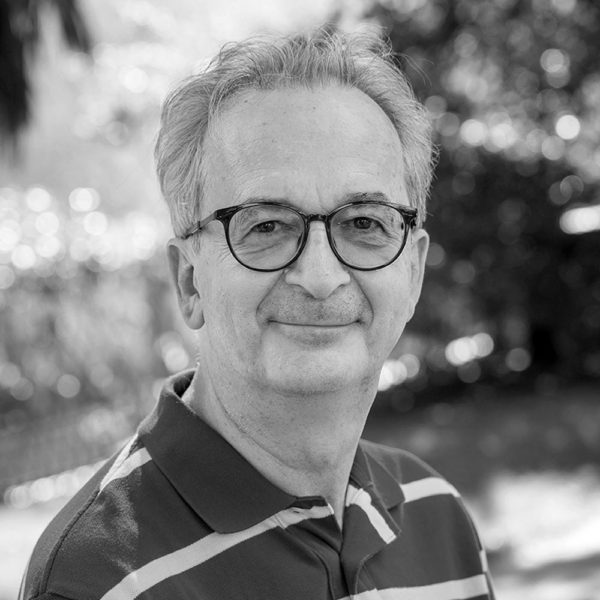 Georges DepeyrotFrench National Center for Scientific Research (CNRS), France
Georges DepeyrotFrench National Center for Scientific Research (CNRS), France -
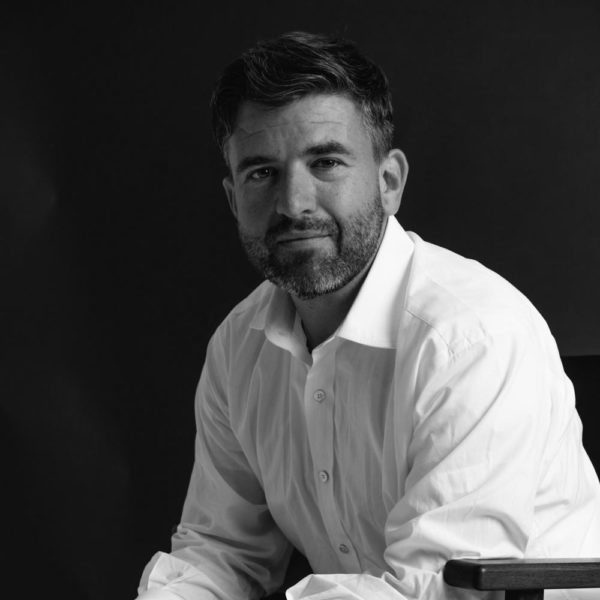 Joseph HaldaneThe International Academic Forum (IAFOR), Japan
Joseph HaldaneThe International Academic Forum (IAFOR), Japan -
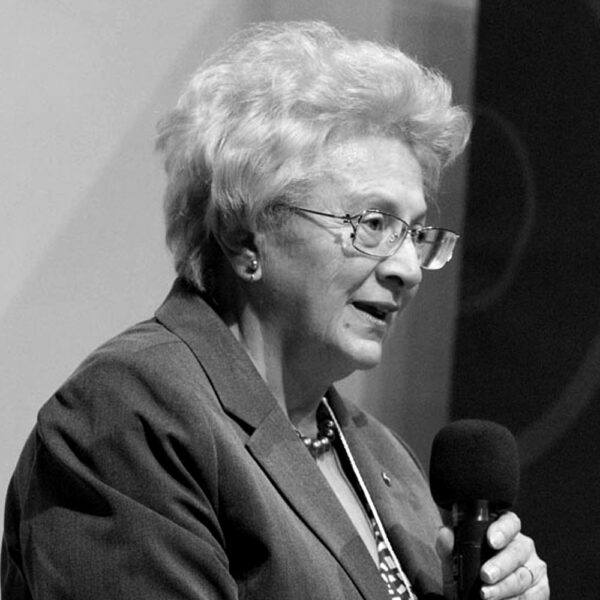 Ljiljana MarkovicEuropean Center for Peace and Development (ECPD), United Nations University for Peace
Ljiljana MarkovicEuropean Center for Peace and Development (ECPD), United Nations University for Peace -
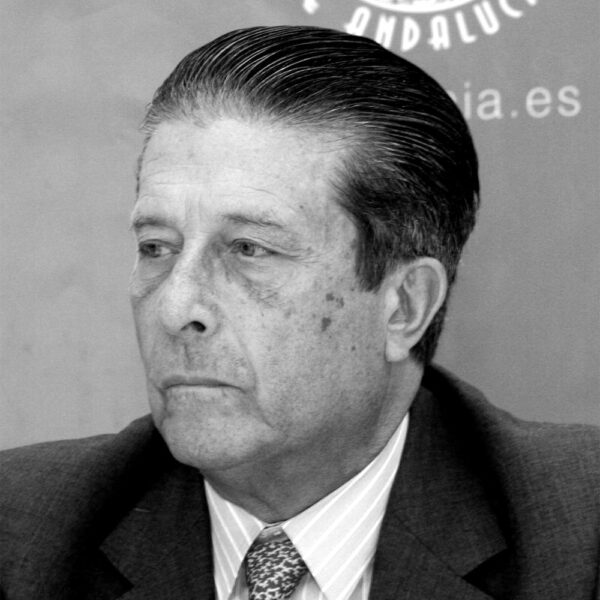 Federico Mayor ZaragozaEuropean Center for Peace and Development (ECPD), United Nations University for Peace
Federico Mayor ZaragozaEuropean Center for Peace and Development (ECPD), United Nations University for Peace
Featured Presentations
Conference Programme
The draft version of the Conference Programme will be available online on May 06, 2024. All registered delegates will be notified of this publication by email.
Important Information Emails
All registered attendees will receive an Important Information email and updates in the run-up to the conference. Please check your email inbox for something from "iafor.org". If you can not find these emails in your normal inbox, it is worth checking in your spam or junk mail folders as many programs filter out emails this way. If these did end up in one of these folders, please add the address to your acceptable senders' folder by whatever method your email program can do this.
Previous Programming
View details of programming for past PCE conferences via the links below.



